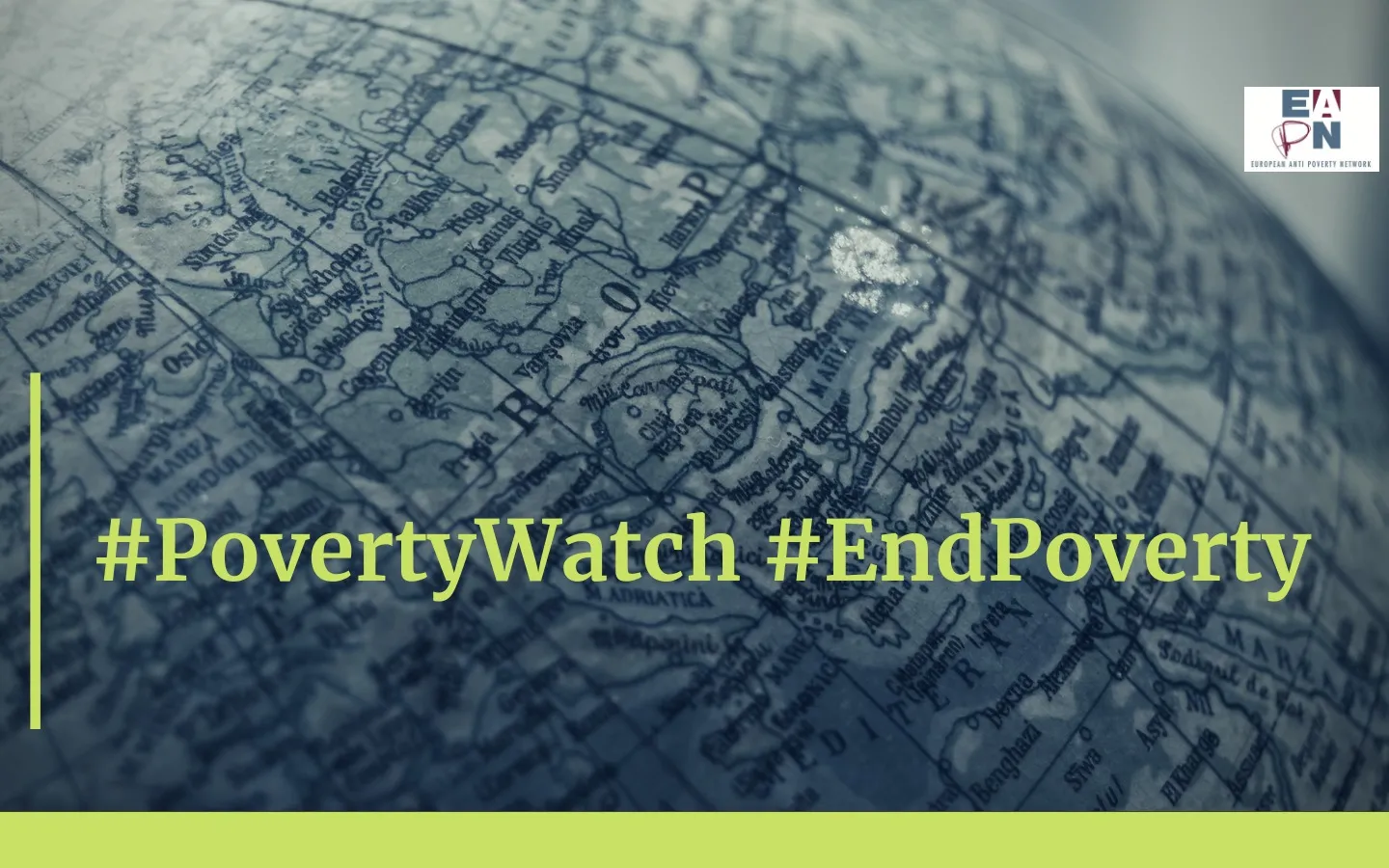
We fear that governments are yet again prioritising business instead of protecting people and that recovery instruments will not benefit the poor, or even risk generating increased poverty, with austerity looming again to restore public accounts.
There is nobody in the European Union, I’d wager, who does not have to make uncomfortable adjustments due to the Covid-19 pandemic. This pandemic is wreaking havoc on our society’s fabric, but our Poverty Watch 2020 Report clearly shows that some are suffering more than most. The gaps are exposed: in basic social and economic rights and access to a decent income, quality jobs, essential services, and social protection for all. That we are also going through a green and digital transition is making things even more challenging.
The situation of people experiencing poverty and the NGOs supporting them is worsening due to the pandemic. The European Commission estimates that poverty will increase by 4.8 percentage points to 125-130 million people due to Covid[1].
The main findings of EAPN’s Poverty Watch Report 2020
The crisis exposed the decline of welfare states already weakened by ill-advised austerity measures, evidenced by more demand for essential services and the massive increase in the use of foodbanks across the EU in 2020. Social NGOs offer a lifeline to people, but their funding is often uncertain. In some countries, they are even rejected by the government as key partners.
The crisis harms not only the economy, but also the health and social inclusion of people experiencing poverty. Precarious workers are some of the biggest victims of the crisis, falling outside of support measures, while most of the essential workers in a global emergency are poorly paid. Despite welcome temporary measures, existing social protection systems fail to protect people from poverty.
Inequalities are further deepened due to new costs and loss of services, such as increased heating costs, the lack of computers for children learning from home, or the loss of free school meals.
We fear that governments are yet again prioritising business instead of protecting people and that recovery instruments will not benefit the poor, or even risk generating increased poverty, with austerity looming again to restore public accounts. It is unacceptable that poverty is a key social determinant regarding access to affordable health care; that the lack of affordable housing, and rising energy, food and other essential costs are forcing people to make unacceptable choices, and that the increasing inequality in education due to digital exclusion is contributing to the cycle of poverty. Is this the EU we imagine for ourselves, with more than 1 in 5 people experiencing poverty in one of the richest regions in the world?
Making the right choices
Poverty is a violation of human rights, driven by inequality, and it is a political choice. We are at a turning point: either we will prioritise measures against it, or we will be responsible for the ‘supercharging of poverty’, allowing it to rise to unimaginable and unacceptable levels. The EU has just failed its Europe 2020 goal of decreasing the number of people in poverty by 20 million; the latter option would mean that Europe is deliberately making the political choice to leave these people behind.
We therefore urge for an ambitious Action Plan for the European Pillar of Social Rights, one that turns principles into concrete action, including a new anti-poverty strategy with clear and ambitious poverty targets. We expect to see poverty-proof Recovery and Resilience Plans, with the active involvement of Civil Society Organisations. We want Europe to re-commit to the right to a decent income and to quality, affordable services. The digital and green transitions need to be socially just and not leave anyone behind. With a strengthened role for the participation of people experiencing poverty and civil society, we could help the EU and its Member States make the right choices to redesign Europe into a Europe that works for all.
[1] This data is still for the EU-28, including the UK



Add new comment